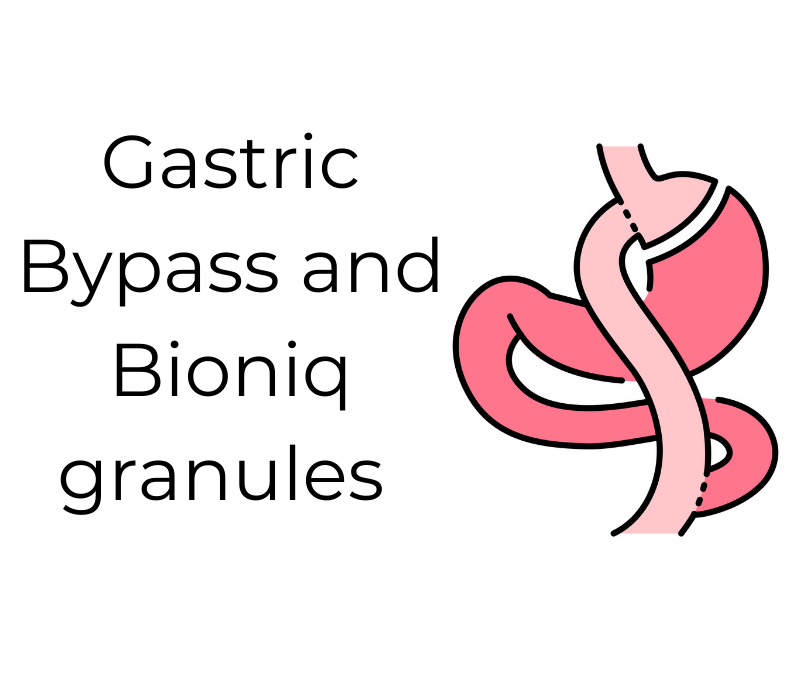
When it comes to boosting your immune system, there's no magic pill. Instead, building robust immune health requires a multifaceted approach that combines a nutrient-dense diet with balanced lifestyle habits. Seasonal illness, stress, and environmental factors can put your immune system to the test, but with the right strategies, you can boost your body's natural defenses.
From prioritizing quality sleep to staying active and eating more plant-based foods, the steps you take today can have a lasting impact on your health. Let's explore the most effective ways to boost your immune system holistically.
Diet plays a key role in supporting immune function, but it’s not the whole picture. Your immune system is influenced by a wide range of factors, including sleep quality, physical activity, and stress levels. Neglecting these areas can leave your body vulnerable, even if you’re eating well. A comprehensive approach ensures your immune defenses are ready to handle whatever comes your way.
Getting 7-9 hours of quality sleep each night is one of the simplest yet most effective ways to bolster your immune system. During deep sleep, your body produces essential cytokines—proteins that target infection and inflammation. Sleep deprivation can impair this process, leaving you more susceptible to illness.
To improve your sleep hygiene, establish a consistent bedtime routine, minimize screen time before bed, and create a dark, quiet, and comfortable sleeping environment.
[source]
Physical activity is a natural immune booster. Moderate exercise, such as brisk walking, yoga, or swimming, increases circulation and helps immune cells move more effectively throughout your body.
The key is consistency. Overdoing it with intense workouts can have the opposite effect, temporarily weakening your immune response. Aim for 30 minutes of moderate exercise most days of the week to keep your immune system in top shape.
[source]
Vitamin D is critical for immune health, yet many people fall short, especially during the winter months. Spending time outdoors in natural sunlight helps your body produce this essential nutrient, which supports immune cell function and reduces inflammation.
Try to get at least 10-15 minutes of sunlight daily, or consider a vitamin D supplement if you live in a region with limited sunlight during certain seasons.
[source]
Hydration is often overlooked in discussions about immune health, but it’s a crucial component. Water helps your body produce lymph, a fluid that carries infection-fighting white blood cells throughout your system. Dehydration can slow this process, weakening your immune defenses.
To stay hydrated, aim to drink at least 8-10 cups of water daily. Herbal teas and water-rich foods, like cucumbers and oranges, are also great additions to your hydration routine.
Chronic stress takes a significant toll on your immune system. When your body is in a constant state of stress, it produces higher levels of cortisol, a hormone that can suppress immune function over time.
Combat stress by incorporating relaxation techniques like meditation, deep breathing, or mindfulness practices into your daily routine. Even small steps, like taking a short walk or practicing gratitude, can have a profound effect on your mental health and immune resilience.
[source]
Good hygiene practices are fundamental to preventing illness. Regularly washing your hands with soap and water, avoiding touching your face, and disinfecting commonly used surfaces can dramatically reduce your exposure to harmful bacteria and viruses.
Make these habits a non-negotiable part of your daily routine, especially during cold and flu season.
[source]
Excessive alcohol consumption and smoking are two lifestyle choices that can significantly weaken your immune system. Alcohol disrupts the balance of your gut microbiome and reduces your body’s ability to fight infections, while smoking damages the respiratory system and impairs immune response.
If you’re looking to boost your immune health, consider limiting alcohol intake to moderate levels and seeking support to quit smoking if needed.
8. Incorporate Fiber-Rich, Plant-Based Foods
A diet rich in fiber and plant-based foods provides essential nutrients like vitamins, minerals, and antioxidants that strengthen your immune system. These foods also support a healthy gut microbiome, which plays a key role in immune regulation.
Focus on adding a variety of fruits, vegetables, whole grains, nuts, and seeds to your meals. Fermented foods, like yogurt and kimchi, can also promote gut health, further supporting your immune system.
[source]
Strengthening your immune system is about more than just eating the right foods—it requires a balanced, holistic approach to your overall lifestyle. By prioritizing quality sleep, staying active, managing stress, and incorporating nutrient-rich, plant-based foods into your diet, you can empower your body to defend against illnesses naturally.
Don’t underestimate the impact of small, consistent changes. Staying hydrated, practicing good hygiene, and soaking up sunlight are simple yet effective ways to support your immune health.
Adopting these sustainable habits not only boosts your immune system but also enhances your overall well-being. Start today, and give your body the best chance to stay strong and healthy throughout the year.
By implementing these immune-boosting strategies, you’ll be ready to tackle seasonal challenges with confidence and vitality. Make your health a priority, because a stronger immune system means a happier, healthier you!
.png)

